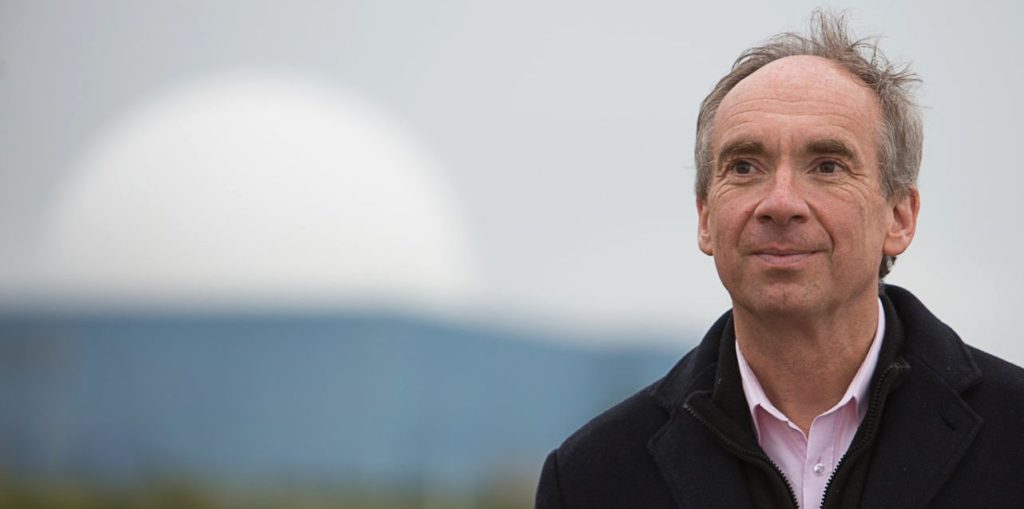
York Early Music Christmas Festival: James Gilchrist and Matthew Wadsworth, National Centre for Early Music, York, December 10
THERE is nothing quite like a late-afternoon song-recital, especially when the singer is as intelligently persuasive as tenor James Gilchrist.
Add in the nimble fingers of Matthew Wadsworth, who is an equally dab hand as accompanist on lute, theorbo or guitar, and you have a recipe for delight.
In a programme divided equally between sacred and secular, they opened with Purcell and closed with Dowland, with a brief Christmas diversion and three Schubert lieder as the filling in the sandwich. It was tasty indeed.
Both performers sat, so this was more like a fireside chat, albeit with contrasting themes of
‘Divine Love and Earthly Passions’. Two settings by Purcell of poetry by William Fuller, an ardent royalist who became Bishop of Lincoln in 1667, found Gilchrist relishing their chromaticism, with his typically mobile torso lending emphasis.
Both songs, Evening Hymn and Lord, What Is Man?, have extended hallelujahs, bringing them to positive conclusions, which Gilchrist underlined here with almost chuckling delivery of their dotted rhythms. Between them, Pelham Humfrey’s extremely penitential A Hymn To God The Father was succulently remorseful. Wadsworth’s long-necked theorbo added pleasing detail.
A brief seasonal interlude came with Michael Praetorius’s sweetly-scented Christmas rose and the second of the plainsong Advent antiphons, O Adonai, a nice touch.
So to Schubert, where Wadsworth switched to a 19th century guitar, slimmer and less bulbous than the modern model, and thus more intimate. Schubert’s Ave Maria is not a setting of the ‘Hail Mary’ but a translation of Ellen’s prayer to the Virgin in Sir Walter Scott’s The Lady Of The Lake, which others have fitted to the Latin words of the prayer.
Still, it’s a fine piece and Gilchrist had the legato to bring it off. He might have improved its mood still further had he kept more still, but he found an ideal pianissimo for its second stanza.
He followed it with the last song Schubert wrote, Die Taubenpost (Pigeon Post), which, as Gilchrist rightly pointed out, is quite devoid of the angst that riddles Winterreise. Contentment and peace of mind coloured his polished performance. There was also a clever blend of confidentiality and ecstasy in his treatment of Ständchen (Serenade).
Finally, we had four songs by Dowland and one by Campion, now with lute accompaniment. The first two celebrated lovers’ joys amid springtime frolics – a nice diversion – but the last three homed in on Dowland’s relish for melancholy. These suited Gilchrist to a tee.
If Flow, My Tears was slightly matter-of-fact, His Golden Locks – an astute setting of poetry by Henry Lea – became an eloquent elegy on the fading charms of youth, and In Darkness, Let Me Dwell (with the lights lowered) distilled the essence of despair.
An odd ending, perhaps, but Dowland (and Gilchrist too) at the peak of his powers. Wadsworth was with him every step of the way. A pleasing, and thought-provoking, entertainment.
Review by Martin Dreyer
